CONTACTAbout UsCAREER OPPORTUNITIESADVERTISE WITH USPRIVACY POLICYPRIVACY PREFERENCESTERMS OF USELEGAL NOTICE
© 2025 Equal Entertainment LLC.
All Rights reserved
All Rights reserved
By continuing to use our site, you agree to our Privacy Policy and Terms of Use.
We need your help
Your support makes The Advocate's original LGBTQ+ reporting possible. Become a member today to help us continue this work.
Your support makes The Advocate's original LGBTQ+ reporting possible. Become a member today to help us continue this work.
I've spent much of my life in careers centered around making others happy. As an actor I believed that my first responsibility was to the audience. They needed to be delighted and engaged by everything I did on stage. This was particularly true of my time as a circus clown. If an audience's joy depended on me dropping my pants, I dropped my pants. If it meant taking a pie in the face three times a day, so be it. Many may have thought these actions were undignified. I saw it as me doing my job well. It brought me great satisfaction to see families sitting together in a crowded stadium smiling from ear-to-ear.
Every Ringling Bros. and Barnum & Bailey show begins with the ringmaster's announcement, "Ladies and Gentlemen! Boys and Girls! Children of all ages!..." I love that thought. From the beginning of the show, the audience is told to leave adulthood at the door. Be a kid again. Laugh. Smile. Enjoy!
The veneer of the circus was everything I desired in a career. It was a chance to make masses of people happy, a chance to travel all over, an opportunity to take my silliness very seriously.
There was something really terrific about the history of it all. It made me feel as though I were a member of some insane, exclusive club with its own set of rules and superstitions. One such superstition centered around an area backstage excluded to all other members of the circus, save the clowns- Clown Alley. It's where the clowns would keep their steamer trunks filled with supplies, costumes, props, and personal affects. It was considered bad luck to witness a clown transform and so curtains were hung keeping the rest of the circus folk, and whomever else from sneaking a peak at the clowns getting made-up.
It was in Clown Alley that I first started to hear disparaging remarks. The words "Fag" and "Queer" hung thick in the air like the clouds of baby powder in the boys' section of Clown Alley.
It worried me. I was gay. They knew I was gay. They joked about me being gay.
But the laughter didn't feel the same as when I took a pie in the face. It stung. Sure, I could drop my pants in front of ten thousand people to get a laugh, but I couldn't deal with this?
Prior to going on the road, I attended a ten week clowning program at Ringling's famed Clown College in Venice, Florida. Many of the exercises we participated in were around trust. The circus can potentially be a dangerous place to work. Clowning, in particular, involves broad physicality and precarious situations. Trust of your fellow performers is essential.
The hurtful language and attitude of my colleagues in Clown Alley sabotaged that trust. I began to fear what could happen to me in the ring. I began to second-guess my safety and loathe time spent with my fellow clowns. I decided to avoid Clown Alley, using it only to get into makeup and change costumes. I, instead, spent most of my time with the elephants.
Having had a roommate who was an elephant trainer back in Tampa, I had a deep fondness for these massive animals. If you look into the eyes of an elephant, you can't help but remark at their soulfulness. They are filled with expression. When an elephant is happy, you can tell at a glance. Back in Tampa, when the elephants were allowed to play in the water, their eyes would twinkle, their bodies would waddle, their trunks would curl up pulling their large mouths into an unmistakable smile. They looked like they were having fun. They were happy.
I never saw a circus elephant make that face. They looked tired, weary, frustrated, angry, and so very sad.
I stopped one of the assistant elephant handlers to ask why a particular elephant had tears pouring down the sides of her face. He laughed, "'Cause she's a bitch and the bitch got what was coming to her." He then pointed to the welt on the side of his face from where she had slapped him with her trunk. He then showed me his bull-hook, a two foot long stick with a metal hook on the end used to train elephants. "I gave her about ten good whacks across her skull. Bam! Bam! Bam!" he demonstrated. "Bitch'll think twice before she messes with me." This assistant had never received any formal training in dealing with elephants. He was simply to keep them fed, watered, and in line.
Back in Tampa, I remember there always being a bull-hook in the corner of the apartment. The metal hook had a blunt, rounded tip. My roommate had explained that it was used to hook the inside of where the mouth and trunk met. You give it a slight tug and the elephant will move in that direction. I witnessed many of the Ringling "trainers" sitting in circles, sharpening their bull hooks to dangerous points. They wanted the elephants to fear them, and the best way to do that was to inflict as much pain as possible.
I mentioned my concerns to the Boss Clown. (Yes, there's a boss clown.) He simply looked at me, smirked, and walked away without saying a word. After that awkward exchange the homophobic language backstage increased.
I never stopped thinking about the elephants. Each of these great animals were looking at a lifetime of being chained to a wall, beaten, and marched out briefly to perform. They would never roll in the grass or enjoy playing in the water.
The largest of the elephants, King Tusk, had a particularly sad story. When he first came to Ringling Bros. from another circus in 1986, he was the largest traveling land mammal alive. He was 42 years old, weighing 14,762 pounds, standing 12 feet 6 inches tall, and sporting a length of 27 feet, King Tusk (Tommy) was a spectacular being. In the wild, elephants are constantly rubbing their tusks down to reduce the weight carried by their head. In this case, however, Tommy was prohibited to do so for forty-two years, allowing them to grow unacceptably long. In fact, where cracks would form along the tusk, metal bands were installed to keep them from breaking. His tusks were over seven feet long and the weight and strain it put on this poor animal's back was enormous. He had arthritis in his neck and back and by the time I joined the circus in 1992, he could no longer perform any tricks.
Instead of retiring this great elephant with dignity, shaving down his tusks so he could live out his remaining years with comfort, Ringling would have him simply stand in the center ring while two acrobats performed on his back.
Tommy was finally sold to the Columbus Zoo and Aquarium in 1998 after spending 51 years of his life performing in circuses. The zoo, realizing what shape Tommy was in, sent him to live out his remaining years at Two Tails Ranch in Florida where at 57 years of age he was finally euthanized just before Christmas in 2002.
I am grateful for the experiences I learned in the circus. I learned about who I am as a person, an entertainer, and a clown. I had amazing, exciting, and terrific experiences. Most importantly, I learned what dignity means. I filled my steamer trunk with plenty of it as I rolled it out of Clown Alley and away from the Big Top forever.
I'll never forget that on the first day of Clown College, my class was told audiences go to Ringling's shows for two things: clowns and elephants.
As a grown man looking back on my time in the circus, this notion is sadly ironic.
I will not ever go to see a Ringling Bros. and Barnum & Bailey show or any other Feld Entertainment Production ever again. Tommy would have wanted it that way.
From our Sponsors
Most Popular
Bizarre Epstein files reference to Trump, Putin, and oral sex with ‘Bubba’ draws scrutiny in Congress
November 14 2025 4:08 PM
True
Jeffrey Epstein’s brother says the ‘Bubba’ mentioned in Trump oral sex email is not Bill Clinton
November 16 2025 9:15 AM
True
Watch Now: Pride Today
Latest Stories
Man pleads guilty to murder of gay University of Mississippi student Jimmie 'Jay' Lee
December 02 2025 2:32 PM
Florida man partially paralyzed after neighbor allegedly shot him and used anti-LGBTQ+ slurs
December 02 2025 1:30 PM
Queer comedian Cameron Esposito has first baby with wife Katy Nishimoto
December 02 2025 12:49 PM
Trans National Guard employee in Illinois sues Trump over restroom ban
December 02 2025 11:59 AM
Oklahoma University instructor suspended for failing student’s unscientific anti-trans psychology essay
December 02 2025 11:03 AM
Here are all of Trump's political enemies that have been charged or investigated (so far)
December 02 2025 9:52 AM
Joe Biden to receive top honor at LGBTQ+ leadership conference for his contributions to equality
December 02 2025 6:00 AM
On World AIDS Day, thinking of progress and how to build on it in the face of hostility
December 01 2025 7:47 PM
Ex-Biden White House aide called out for implying Cory Booker’s new marriage is suspicious
December 01 2025 6:04 PM
True



















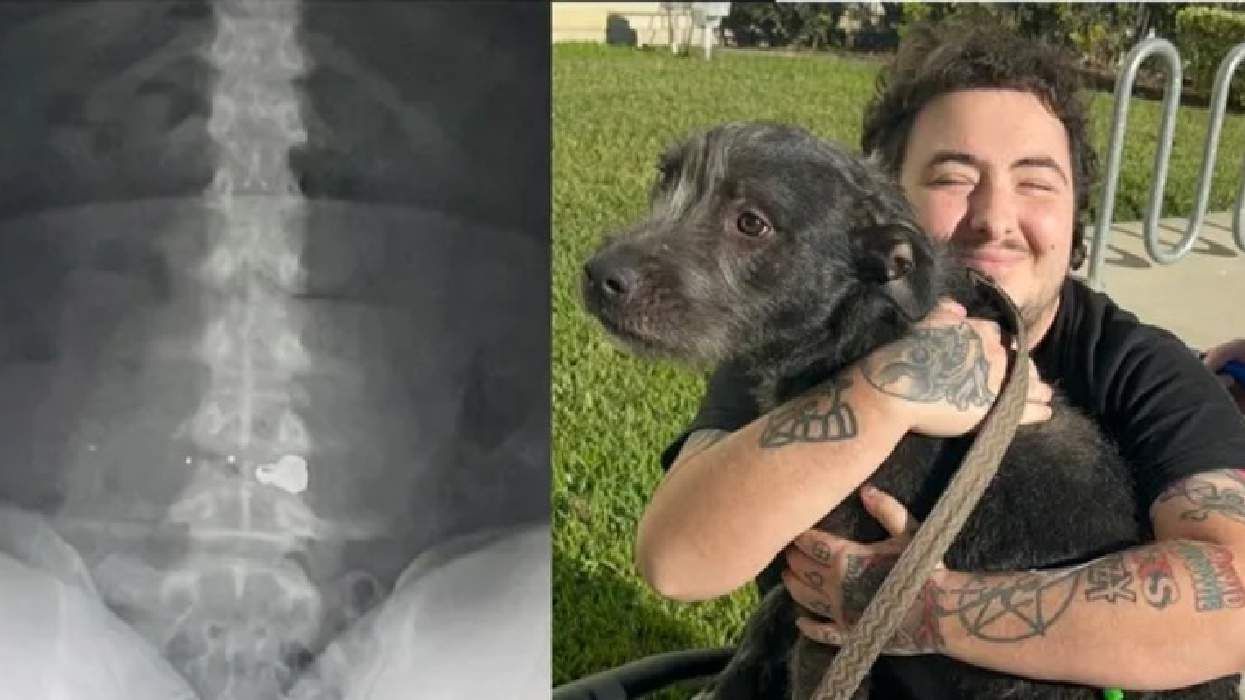

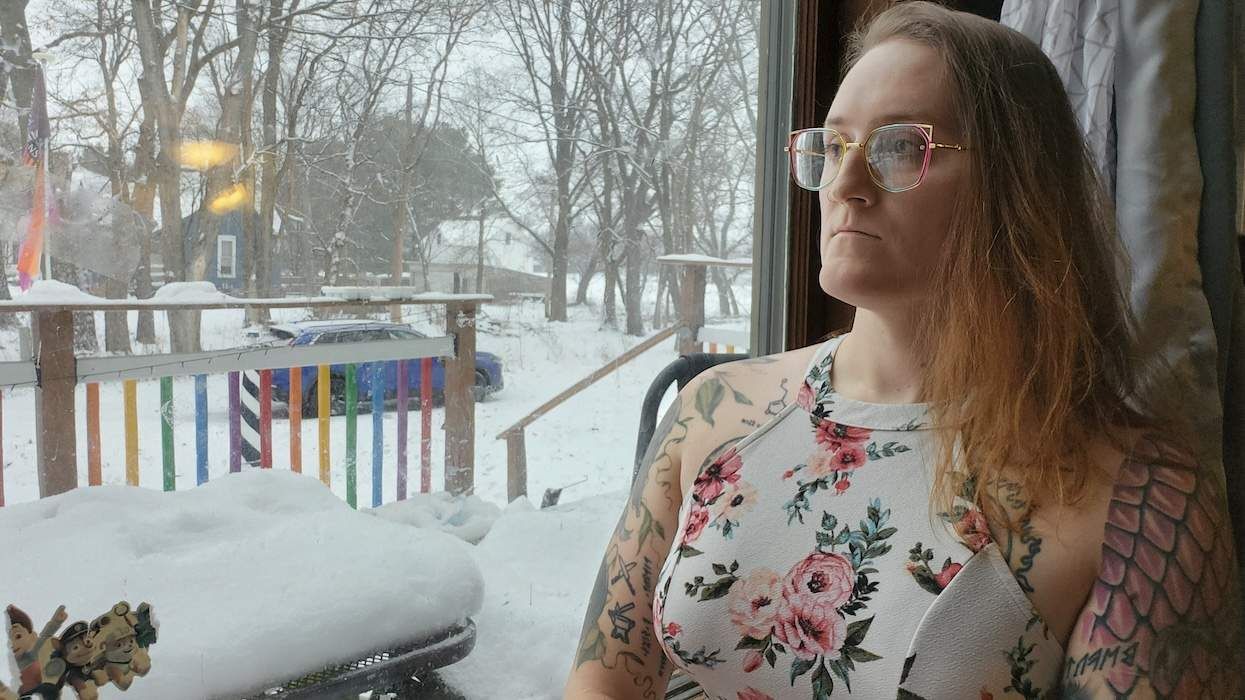



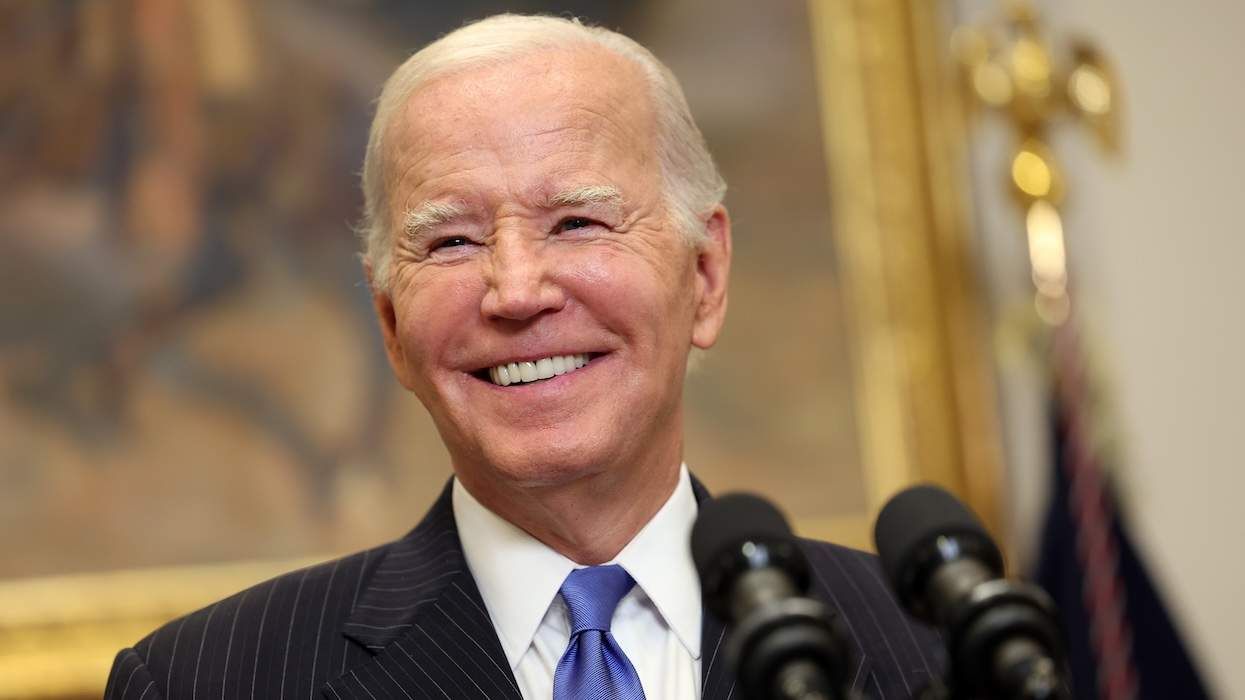
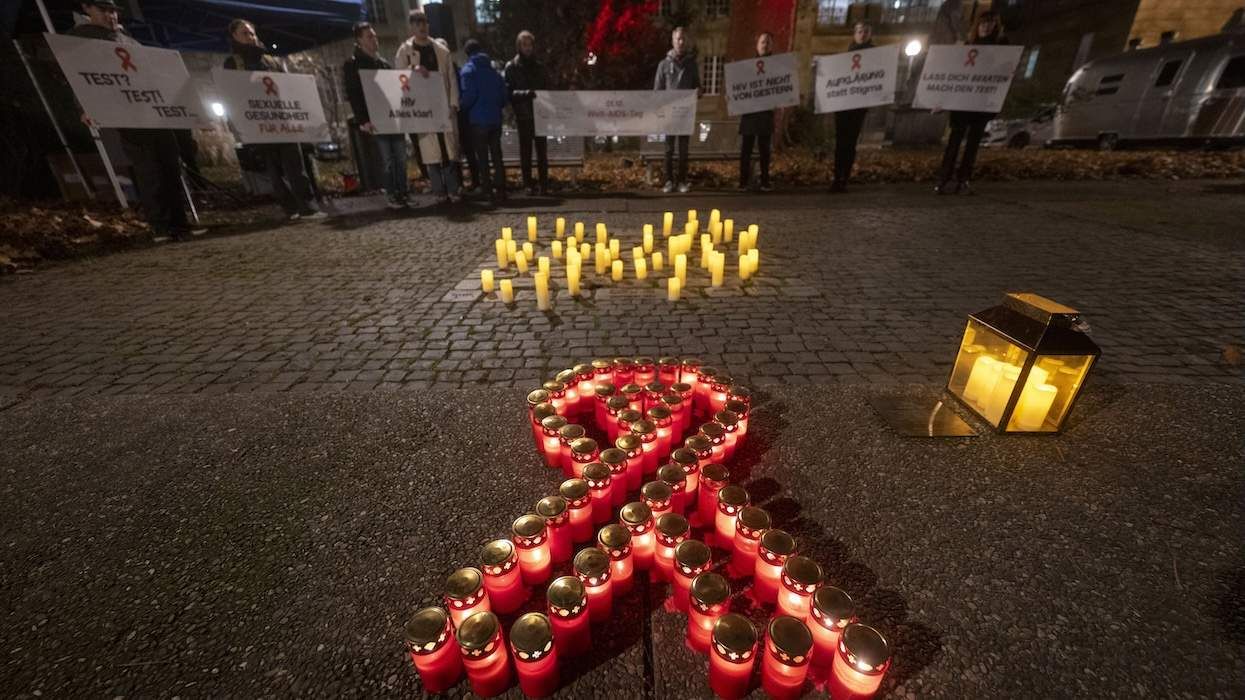





















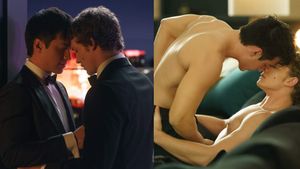



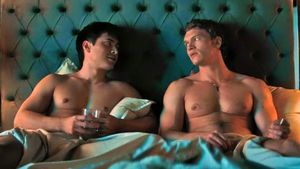















Charlie Kirk DID say stoning gay people was the 'perfect law' — and these other heinous quotes